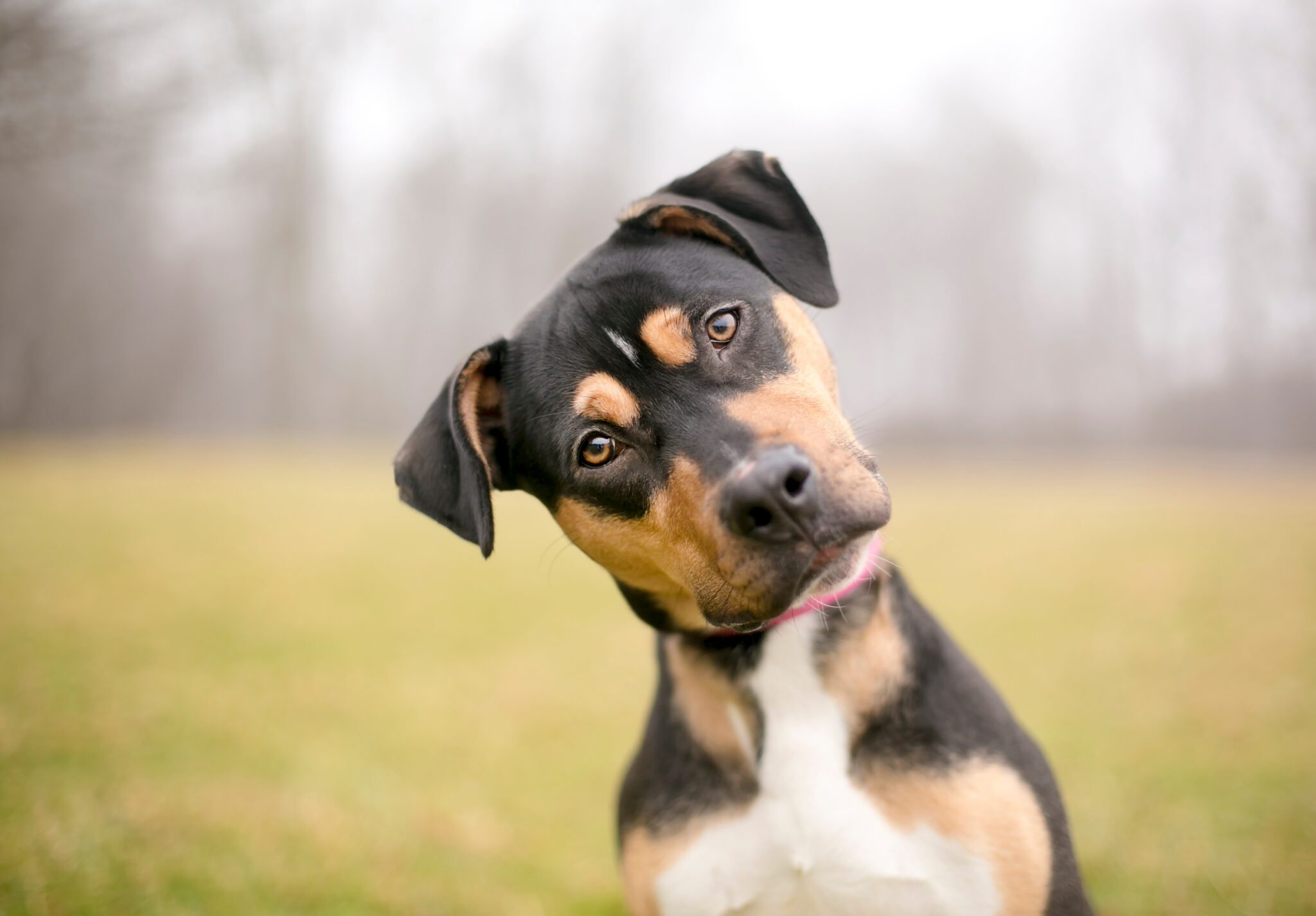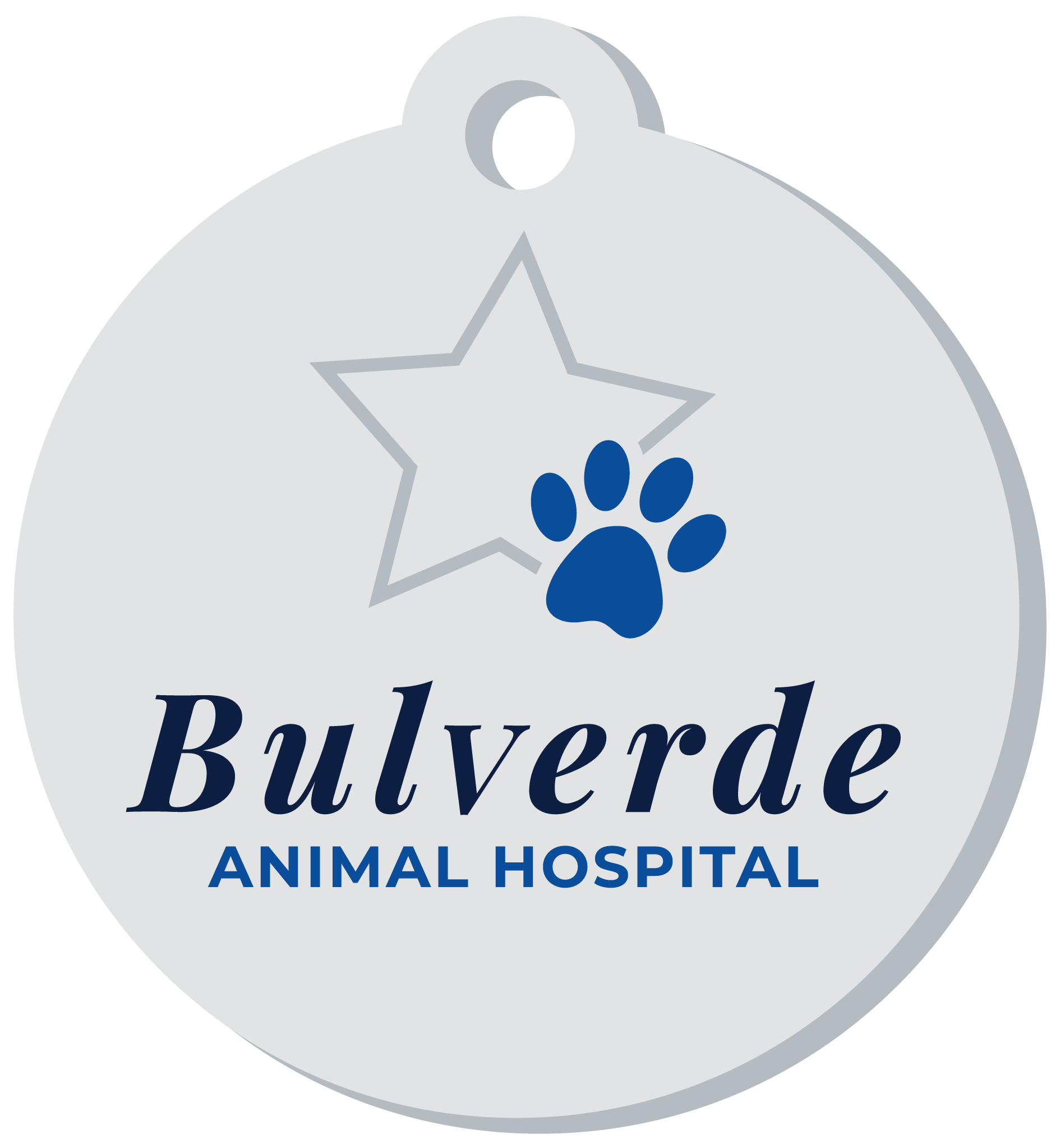Do Dogs Get Hiccups?

Have you ever noticed your dog experiencing hiccups and wondered why? You’re not alone! Many pet owners have observed this and often have questions about it. This blog is here to shed light on the topic of hiccups in dogs, exploring the causes, occurrences, and ways to ease them. If you’re looking for more information or need help with your pet’s health, don’t hesitate to reach out to Bulverde Animal Hospital in Bulverde, TX at (830) 438-7200.
What Are Hiccups and Why Do Dogs Get Them?
Hiccups in dogs, much like in humans, are involuntary actions involving the diaphragm and the vocal cords. The diaphragm, a key muscle for breathing located below the lungs, suddenly contracts, causing a quick intake of air. When this rush of air hits the closed vocal cords, it produces the characteristic hiccup sound. This process is both natural and common, occurring across various species.
The diaphragm’s sudden contractions can be triggered by a variety of factors. It’s important to understand that these spasms are usually harmless. In dogs, they can be a sign of excitement, rapid eating, or even just a normal bodily function.
Common Causes of Hiccups in Dogs
Several everyday situations can lead to your dog getting hiccups. For example, if your dog gobbles down their food or water too quickly, this can lead to excess air being swallowed along with the food, which can trigger the diaphragm to contract. Similarly, if your dog is very excited or playing vigorously, their breathing pattern can change, potentially leading to hiccups.
Age-Related Occurrences
Interestingly, age can play a role in the frequency of hiccups in dogs. Puppies are more likely to experience hiccups than adult dogs. This is thought to be because puppies have a lot of energy and may eat or drink more hurriedly. Additionally, as their bodies are still developing, the diaphragm may be more prone to spasms.
Stress and Hiccups
Stress or emotional excitement can also be a factor in causing hiccups in dogs. Just like humans, when dogs are stressed or overly excited, their body reacts in various ways, and one of these can be the triggering of hiccup spasms.
While hiccups in dogs are usually not a cause for concern, understanding the reasons behind them can help pet owners manage these occurrences better. It’s a combination of physiological factors, like the diaphragm’s sudden contractions, and external factors like eating habits, excitement, and stress, that can lead to this common yet intriguing (and sometimes adorable) phenomenon in dogs.
How Often Do Dogs Get Hiccups?
Hiccups are more common in puppies and tend to decrease as they grow older. However, adult dogs can get them too. It’s not usually a cause for concern unless the hiccups are very frequent or last a long time.
Soothing Your Dog’s Hiccups
If your dog has hiccups, there are a few things you can do to help. Encourage them to relax, offer water, and avoid excitement or stress. These simple steps can often help the hiccups pass more quickly. In many cases, hiccups will go away on their own without any intervention. As long as your dog isn’t bothered by them, it’s usually fine to just let them run their course.
If you want to try to prevent hiccups in your dog, the best thing you can do is manage their eating and drinking habits. Slow-feed bowls can help dogs who eat too quickly, and making sure they have a calm environment to eat and drink can also be beneficial.
Since excitement and stress can also trigger hiccups, finding ways to keep your dog calm can help. Regular exercise, playtime, and a stable routine can all contribute to a more relaxed and hiccup-free life for your dog.
When to Seek Veterinary Help for Hiccups
While hiccups in dogs are usually harmless, there are times when it’s best to consult a veterinarian. If your dog’s hiccups are accompanied by other symptoms, like coughing or breathing difficulties, it’s a good idea to get them checked out as soon as possible.
At Bulverde Animal Hospital, we’re here to help with all your pet health needs. If you’re concerned about your dog’s hiccups or have any other pet health questions, please call us at (830) 438-7200.
Recent Posts
About Us
At Bulverde Animal Hospital, our ultimate goals are excellent service to clients, personal growth, and the professional development of our staff. We are a small clinic creating a significant impact on pets' lives.
